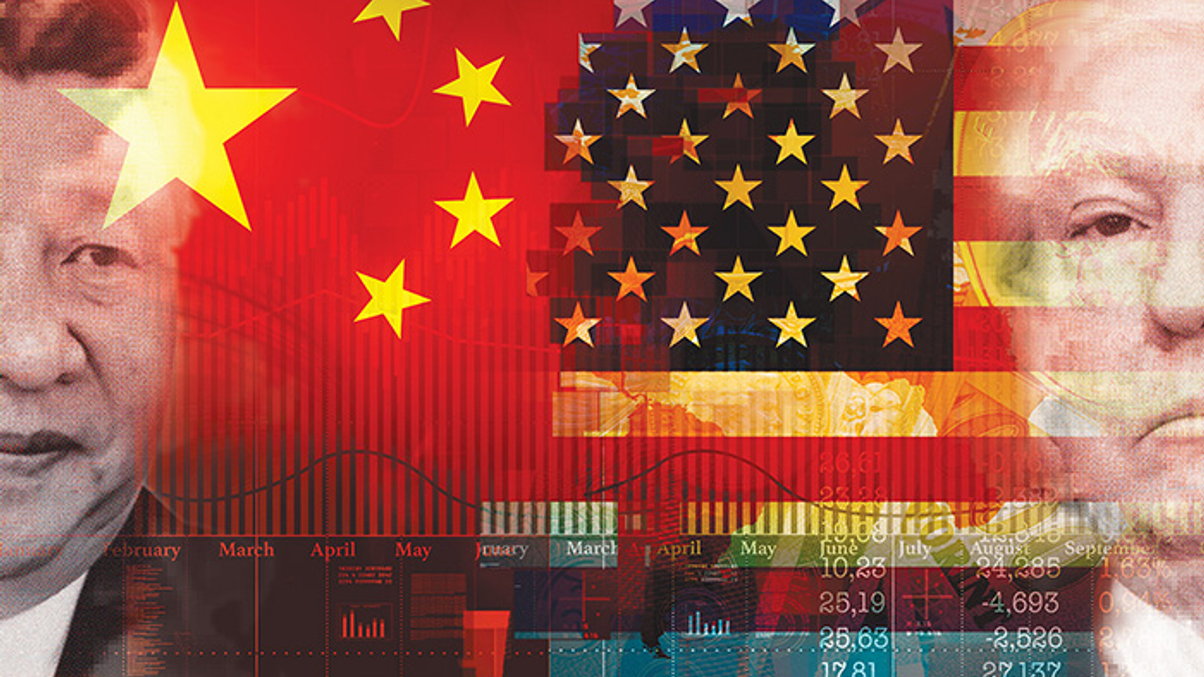Experts identify winners and losers from long trade war
Investors are weighing up the risks from a China-US dispute with no end in sight. Market experts say some countries and industries could potentially stand to benefit.

With heightening trade tensions between the US and China increasingly likely to last for some time, prudent Asian investors should consider cutting back on public equities and targeting particular areas and countries that could benefit, say industry watchers and research heads.
Sign in to read on!
Registered users get 2 free articles in 30 days.
Subscribers have full unlimited access to AsianInvestor
Not signed up? New users get 2 free articles per month, plus a 7-day unlimited free trial.
¬ Haymarket Media Limited. All rights reserved.


